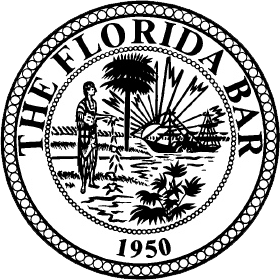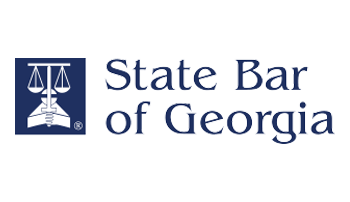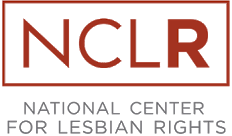





There are few decisions more important to a parent than custody. Custody not only includes where children live but it includes access to children by both parents. A good lawyer who is able to develop and present your case is critical. The Court considers many factors in determining the primary custodian.
During any case involving children, the Court will address visitation and will enter a parenting-plan. Visitation is also known as time-sharing. Depending on the best interests of the minor children, a non-custodial parent may have broad and frequent visitation, or very limited visitation, if any. Having an experienced attorney who can navigate and advocate specific visitation in the best interests of the children is critical.
Our office represents either parent on paternity issues and helps unmarried mothers and fathers with issues concerning child support, custody or visitation. We will prepare and present your petition to the Superior Court to obtain and protect your rights to be a part of your child’s life and to act in your child’s best interests.
The court recognizes that grandparent and relatives can often provide the safest home for a child when parents have a drug or alcohol abuse problems or in cases involving parents’ criminal activity, mental or physical disability. The child’s custody for grandparents or relatives can be temporary or for an indefinite period of time which is a better alternative than having the children in a foster care home or a juvenile facility. If you find yourself in this situation, Harrison & Fortier, P.C. can assist you.
Joint custody means that both parents have the right to make decisions affecting the children and the right to have the children live with them. Obviously this is vague. Thus with respect to decision making, the Court (or the parties if they can reach an agreement) will either award sole legal custody to one side so that if the parties do not concur about a child related decision, one parent can make the decision, or, the Court may award joint legal custody, but designate one party to make the final decision on some or all of the decisions (education, medical, religious, extra curricular and so on). With respect to physical custody, there must be more specificity than just “joint” or “sole” custody so regardless of the label, the Court (or the parties if they can reach an agreement) will specify dates and times for the child(ren) to be with each parent. These times will be termed periods of custody, parenting time or visitation depending on the Court. The parent with the majority of time is the custodial parent, but may be referred to as the primary custodial parent.
Please review the answer to the FAQ about Joint Custody. Legal custody is the term used for the parent who is authorized to make the decisions regarding the child’s welfare (education, medical, religious, extra curricular and so on). Usually there is a requirement that the parties try to cooperate to reach mutual decisions, but if this is unsuccessful, the legal custodian makes the decisions. It is often helpful to designate both parents as joint legal custodians so that physicians, school administrators and the like will have no reason to withhold copies of the children’s records from either party.
Please review the answer to the FAQ about Joint Custody. Physical custody is the term used for the parent with whom the child(ren) are to live with the majority of the time. Regardless of whether a parent is awarded sole or joint physical custody, a schedule of dates and times for the child(ren) to be with each parent should be prepared and made a party of any custody order. As mentioned in the earlier FAQ, there must be more specificity that just “joint” or “sole” custody.
Most jurisdictions have standard plan for visitation to use as a default. This is what most people think of when they think of visitation agreements, including every other weekend, alternating school holidays, and a portion of summer vacation. An experienced attorney is able to understand the needs of your specific case and recommend an appropriate visitation plan.
Grandparents have the right to intervene in custody and divorce cases to seek specific visitation or custody rights. Seek an experienced attorney to assist you in protecting your rights with your grandchildren.
Without any other information, a name on a birth certificate simply lists the father of a child. Having a name on a birth certificate does not grant any additional rights or responsibilities unless an Acknowledgment of Paternity and Legitimation are signed as well. Seek an experienced attorney to help secure your rights with your children.
In Florida, signing an Acknowledgment of Paternity is a formal way for unmarried parents to establish a legal relationship with a child, including a duty to support a child. In Georgia, the Acknowledgment of Paternity establishes the relationship between the father and child as well, but the additional Acknowledgment of Legitimation must also be signed before the child is considered legitimate, which means capable of inheriting from the father as if the parents were married at the time of birth, and also establishes the obligation to support. An experienced attorney can help you obtain visitation with a legitimated child, or help obtain support.
This is not an easy answer. Each situation is different, and the Courts consider what relationship, if any, a parent has had with the child. It is critical to have an experienced attorney assist you with regard to the best interests of your child.
If you need immediate assistance or would like to discuss a legal matter please contact us by calling (912) 882-1131, or click on the Consultation button and fill out our short web form.






Harrison & Fortier, P.C.
239 East King Avenue
Kingsland, GA 31548
Phone: (912) 882-1131
Mailing Address:
P.O. Box 3065
Kingsland, GA 31548
Harrison & Fortier, P.C. © All Rights Reserved.